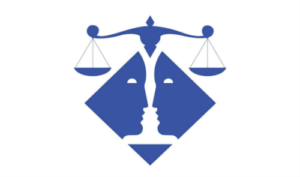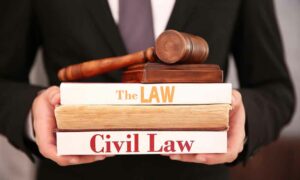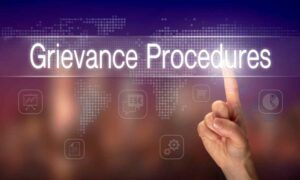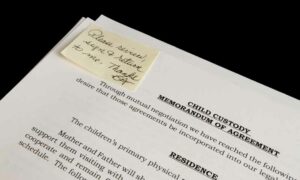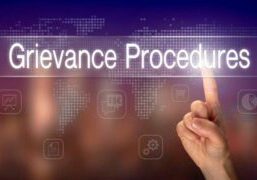RELIABLE SETTLEMENTS THROUGH MEDIATION & ARBITRATION
THROUGHOUT WESTERN NORTH CAROLINA
DECADES OF CONFLICT RESOLUTION EXPERIENCE
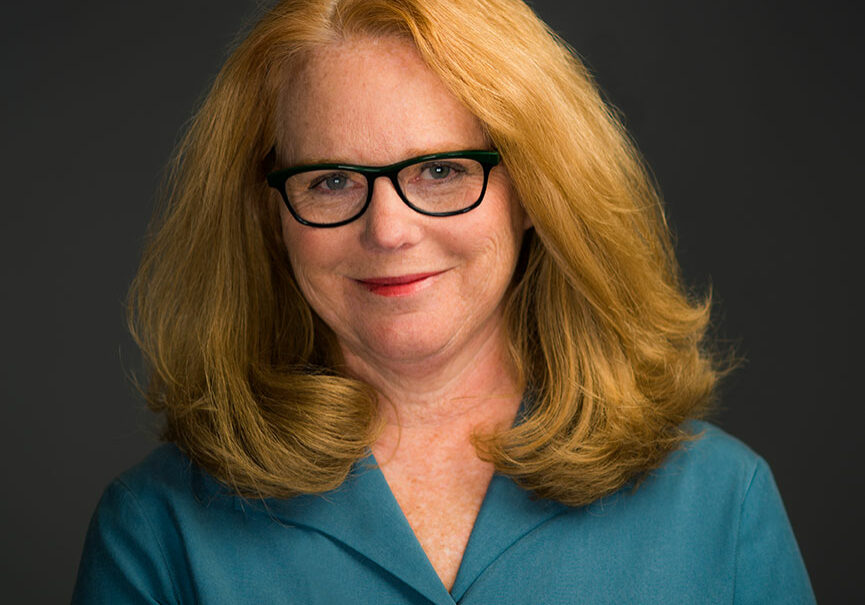
REBECCA KNIGHT
Mediator | Arbitrator
Certified Superior Court and
Family Financial Mediator
Former Lawyer, District &
Family Court Judge

MARVIN POPE
Mediator | Arbitrator
Certified Superior Court and
Family Financial Mediator
Recalled Emergency Superior Court Judge
Former Lawyer, Superior,
District & Family Court Judge
Important Information about our charges, cutoff dates for cancellation, and our online privacy policy can be found in the Our Services Section of the Menu.
Information for your clients can be found in our blog accessible from the ARTICLES section of the menu at the top of this website.
CONFLICT RESOLUTION THROUGH MEDIATION
Dispute Resolution For People Who Are Represented by Lawyers and for Those Who Are Not

Mediation is an informal, out-of-court process that revolves around talking, listening, and negotiating. The parties, or people involved in conflict, talk to a mediator about the conflict they have with the other party or parties. A mediator is a neutral person with special training designed to help people resolve their conflicts without going to court. Mediators do not have to be lawyers or formal judges. They do not give legal advice to the parties involved in a settlement conference or represent them in court. The mediator sits down with the parties to discuss their disagreements and explore all possible ways to resolve the conflict in a way that is acceptable to everyone involved. The mediator is not a judge who makes decisions for the parties, but instead helps the parties make their own decisions around how to resolve their unique conflict.
Lasting resolutions crafted
through listening and preparation.
Mediation is often ordered in cases pending in Civil or Family Court. It is used in criminal cases and in private matters that do not involve the courts. For example, families, neighbors, and businesses may choose to use mediation to resolve a conflict without filing a court case. It is not necessary to have a lawyer to use mediation services although lawyers are very helpful in explaining the law and advising parties about the consequences of an agreement reached in mediation. Mediation gives the parties control over decision-making. In divorce cases, mediators often help parties reach agreements they were not been able to reach on their own. When the parties control the decision-making process they can often move forward in a healthy and positive way. For parents who will continue to have a working relationship with each other as they share parenting, creating a plan on how to handle disagreements and inevitable conflicts in the future is an important part of the mediation process.
Are You Involved In Conflict? We have a fix for that!
We are Asheville-based Mediators and Arbitrators. We provide a unique perspective and service to the people of Western North Carolina by assisting attorneys and individuals with cost-efficient, creative, and caring approaches to resolving conflict and facilitating settlement in all types of disputes. Our professional neutrals are former judges with decades of experience arbiting the conflicts of people and businesses.
We provide facilitated conflict resolution and settlement services across Western North Carolina, and beyond when needed through neutral facilitation, mediation, and arbitration of civil disputes for lawyers and their clients and people who are representing themselves. Below is a list of the most common types of matters mediation has been found useful in, but this list is not inclusive.






